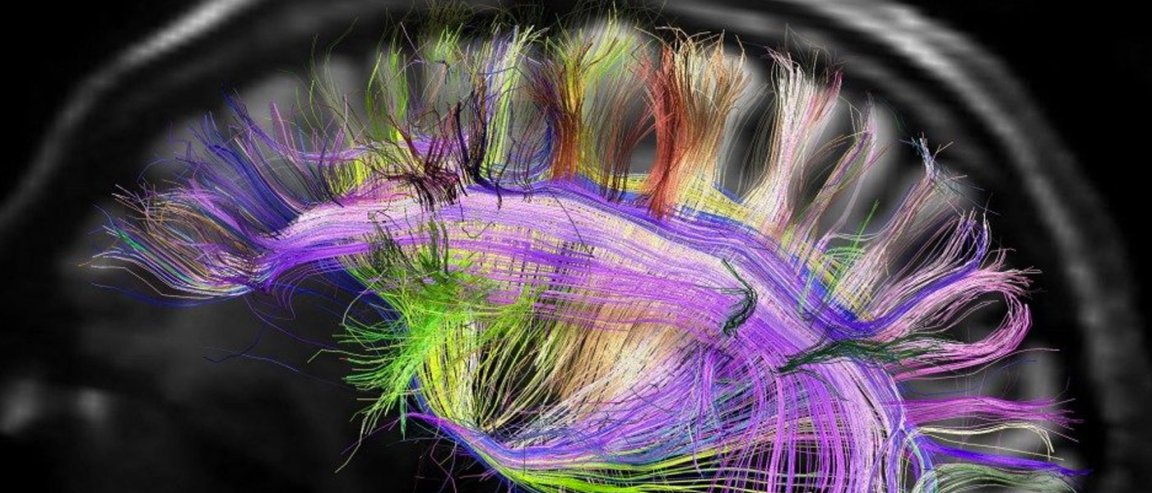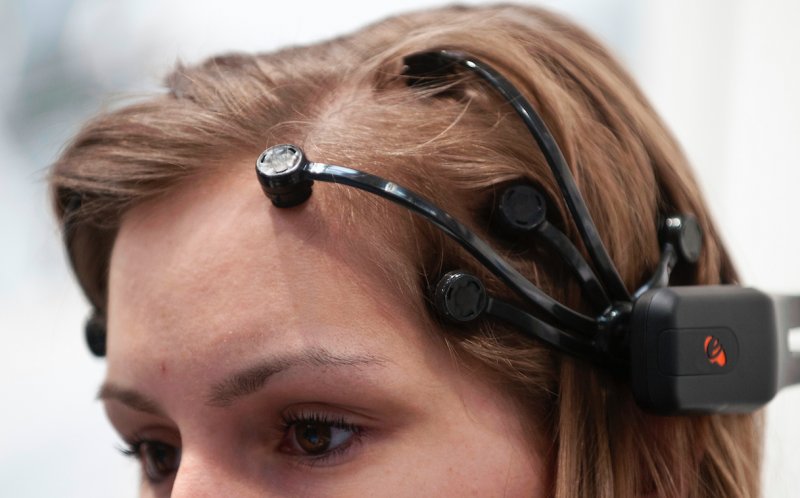
You can make yourself smarter by listening to classical music, eating fortified food, answering brain puzzles, or just supercharging it using headsets.
Not A Sci-Fi Movie
Companies selling these products claim to have found a way to make yourself smarter by charging up specific regions of the brain that can direct electric or magnetic pulses. While brain stimulation is not at all new inside the science lab, neuroscientists found that brain-stimulating devices being sold show a lot of potential in making people ‘smarter.’
A stimulation device targets specific brain regions with pulses in order to slow down some mental processes and to activate or enhance others. Researchers found evidence of this stimulation helping to improve memory, pattern recognition, the ability to pay attention, mathematical abilities, and more.
Apart from becoming smarter, these devices can also tap regions to even improve athletic performance and help patients diagnosed with disorders such as depression and anxiety to feel better.

Not Without Risk
Scientists say they’ve barely scratched the surface when it comes to brain stimulation possibilities. The U.S. Intelligence Advanced Research Projects Activity (IARPA) is also using brain stimuli to find ways to improve reasoning and problem-solving in healthy, high-performing adults. So far, IARPA researchers say there are interesting data coming in from that initiative already.
However, experts warn that there could be some risks in doing DIY stimulation using headsets off the internet. According to Michael Weisend, a neuroscientist at Wright State Research Institution, the problem with DIYing brain stimulation is the risk of users possibly altering brain regions they didn’t intend to touch. Without more research, the possibility of a boost in one’s ability not coming with the unexpected trade-off of sacrificing another mental process is not a guarantee. Weisend and other brain experts caution people to steer clear of DIY brain stimulators until further research is undertaken.
If one thing is certain, there are huge possibilities coming from the study of cognitive enhancement. Meanwhile, we await (excitedly) for more positive test results.